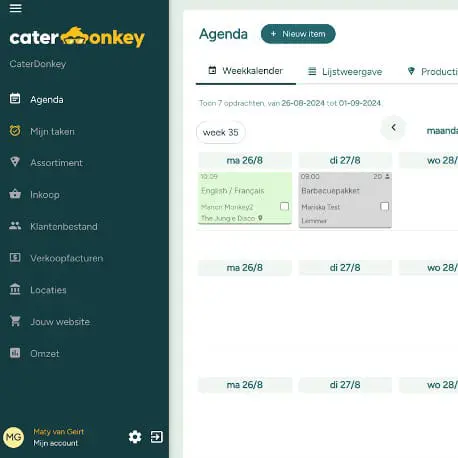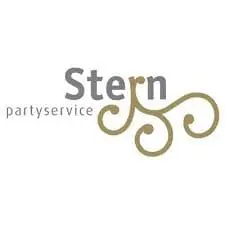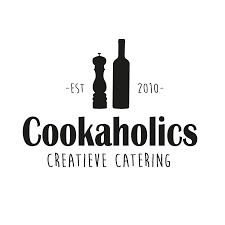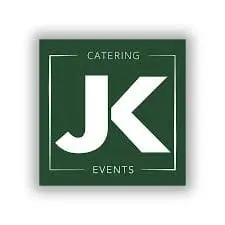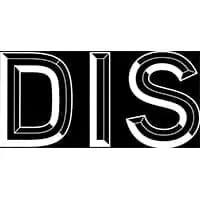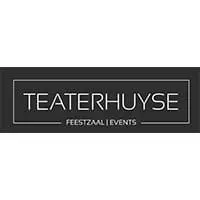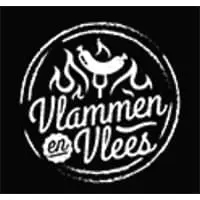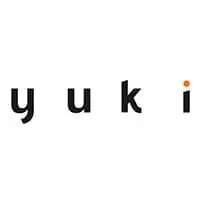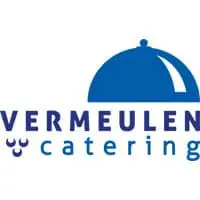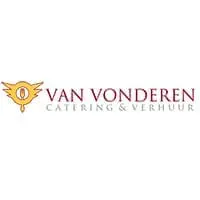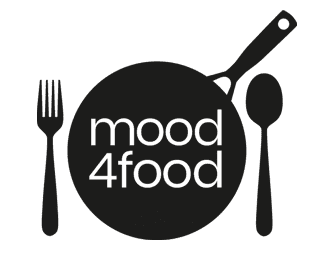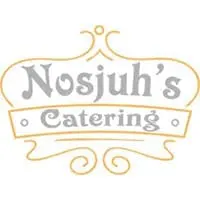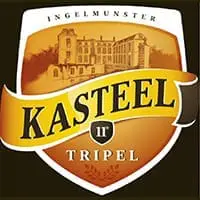A quotation is a non-binding proposal from a company to a customer, while an agreement is a legally binding contract between both parties. The main difference lies in the legal consequences: a quotation can still be withdrawn or rejected, but an agreement obliges both parties to comply with the agreed terms and conditions.
What exactly is an offer?
A quotation is a written proposal in which you, as a catering company or event organiser, indicate what you can deliver and at what price. Legally speaking, it is an invitation to negotiate, nothing more.
In the hospitality and events industry, you work with quotes on a daily basis. You send them to customers who want to celebrate a wedding, company party or other occasion. The quote usually contains an overview of the menu, the service, any extras and, of course, the total price.
What many entrepreneurs don’t know: a quotation does not commit you to anything. You can adjust it, withdraw it or change the terms and conditions. The same applies to your customer, who can refuse the quotation or request adjustments.
Important: always state a validity period on your quotation. Without this date, your quotation remains theoretically valid indefinitely, which can lead to unpleasant situations if ingredient prices rise.

What exactly does an agreement entail?
An agreement is formed when both parties agree to the same terms and conditions. This can be done verbally, in writing or even digitally by signing a quotation. The legal difference between an agreement and a quotation is enormous: you are now legally obliged to deliver what you have promised.
In the catering world, this often happens when a customer signs and returns your quotation. At that point, you have a binding contract. Both parties then have rights and obligations that are legally enforceable.
An agreement in the events industry usually contains arrangements regarding the date, location, menu, number of guests, price and payment terms. Practical matters such as set-up and dismantling times are also often included.
The beauty of a good contract is that it creates clarity for both parties. You know exactly what is expected of you and what you will get in return.
When does a quotation become a binding agreement?
The moment when a quotation becomes a binding agreement is crucial for your business operations. This happens as soon as your customer accepts your quotation within the validity period and you receive that acceptance.
Acceptance can take place in various ways. Your customer can sign and return your quotation, send a confirmation email or even agree verbally during a telephone conversation. Some catering companies ask for a deposit as confirmation.
Please note: if your customer proposes changes, this is not an acceptance but a counterproposal. The process then starts again. For example: your customer wants to change the menu or move the date. Legally, this is considered a new offer.
For your own protection, you can include in your quotation that acceptance is only valid upon written confirmation. This prevents misunderstandings about what exactly has been agreed upon.

What are your rights and obligations when you receive a quote?
As a supplier, you still have a lot of freedom when it comes to quotations. You can withdraw your quotation, adjust prices or change conditions as long as the customer has not yet accepted it. This gives you flexibility in your business operations.
You are required to be honest and clear in your quotation. Misleading information about prices or services can lead to legal problems later on. Therefore, make sure you provide clear descriptions of what you do and do not deliver.
As a customer, you have the right to review the quote, ask questions and suggest changes. You do not have to respond within a certain period of time, unless a validity period is specified.
Practical tip: use automatic reminders to follow up on quotes. Many deals are lost because entrepreneurs forget to follow up on their quotes or respond too late to customer enquiries.
What are your rights and obligations under a contract?
An agreement entails legal obligations for both parties. As a catering company, you must deliver what you have promised: the right menu, on the right date, with the agreed service.
Your customer is obliged to pay according to the agreed payment terms. If they fail to pay, you can take legal action to recover your money. Conversely, your customer can claim compensation if you fail to meet your obligations.
Both parties also have the right to amend the agreement, but the other party must agree to this. Unilateral amendments are not permitted without valid reason.
If either party breaches the contract, compensation costs may be incurred. It is therefore wise to include in your contracts what happens in the event of cancellation or changes.
How can you prevent misunderstandings between the quotation and the agreement?
Clear communication is key to avoiding legal problems. Use clear terms and conditions and avoid vague language in your quotes. For example, don’t write “extensive buffet” but list exactly which dishes you will be serving.
Distinguish between what is included as standard and which services incur additional costs. Think of service costs, transport costs, or costs for extra staff. This prevents unpleasant discussions afterwards.
Use professional quotation software that automatically generates work lists after approval. This makes it immediately clear what needs to be done and prevents any misunderstandings about the execution.
Some practical tips:
- Always state a validity period on your quotes.
- Request written confirmation upon acceptance
- Always record changes in a supplementary agreement.
- Use clear language without legal jargon
Key differences at a glance
The differences between a quotation and an agreement have direct consequences for your daily business operations as a hospitality or event entrepreneur.
| Aspect | Quote | Agreement |
|---|---|---|
| Legal status | Non-binding proposal | Binding agreement |
| Changes | Always possible | Only by mutual agreement |
| Withdraw | May lead to acceptance | No longer possible |
| Legal consequences | No obligations | Legal obligations |
For successful business operations, it is important to handle both documents professionally. A good quotation management system helps you maintain an overview and respond more quickly to customer requests.
Modern catering companies use integrated systems that automatically generate work lists as soon as a quote is accepted. This ensures a seamless transition from quote to execution and minimises the risk of errors.
By implementing professional contract management, you build trust with your customers and protect yourself against legal issues. Investing in the right tools and processes pays off in increased sales and reduced administrative hassle.
Ready to optimise your quotation and contract management?
Do you have questions about how to improve your quotation and contract processes? Or are you curious about how Catermonkey can support your company in professionalising your administration? We would be happy to discuss the possibilities our platform offers for your specific situation.
Whether you have ideas, questions, or just want to explore the possibilities, we invite you to join us for a no-obligation brainstorming session. Together, we will explore how Catermonkey can improve your business processes and give you more time to focus on what you do best.
